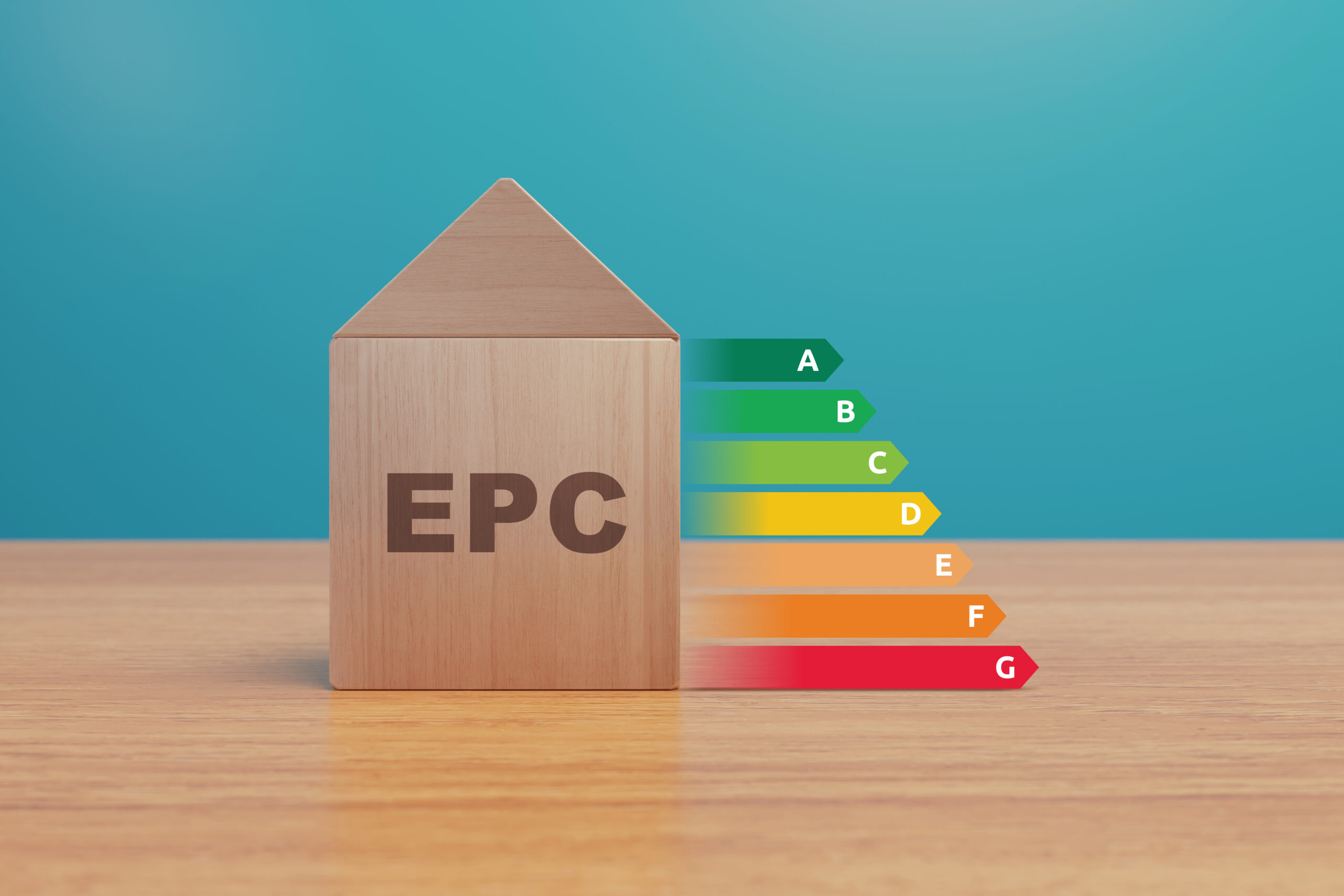Landlords Face Tough Choices as EPC Deadline Looms
A new survey reveals that most landlords are aware of upcoming Energy Performance Certificate (EPC) regulations, but many are unprepared. Over two-thirds of landlords own properties that don’t meet the new ‘C’ target, raising questions about how they will adapt. Will they invest in upgrades, pass the costs on to tenants, or simply sell up? Read on to discover the challenges and opportunities facing landlords in the face of these new rules…
Estimated reading time: 3 minutes
Last updated: Thursday 21st November 13:04
A recent survey by Foundation Home Loans has revealed that over two-thirds of private landlords own properties that fall short of the new Energy Performance Certificate (EPC) ‘C’ target. While awareness of the new standards is high, a significant number of landlords are still unclear on the details.
Key Findings:
- EPC Knowledge Gap: Although 92% of landlords are aware of the new EPC requirements, only 67% fully understand them. Portfolio landlords, those with four or more buy-to-let mortgages, show a slightly lower level of understanding.
- Improvement Plans: 42% of landlords plan to make the necessary upgrades to meet the EPC ‘C’ standard. However, a significant proportion (34%) intend to sell their non-compliant properties without making any improvements.
- Funding the Upgrades: Landlords plan to fund the upgrades through a variety of means, including savings, rent increases, grants, equity release, and loans.
Challenges and Opportunities
The survey highlights the challenges landlords face in meeting the new EPC requirements, including the costs involved and the need for clear guidance. It also underscores the role lenders and intermediaries can play in supporting landlords through green mortgage products and tailored advice.
The Bottom Line
The clock is ticking for landlords to ensure their properties meet the new EPC standards. Those who fail to comply risk facing penalties or being unable to let their properties. By taking proactive steps to understand the requirements and explore financing options, landlords can future-proof their investments and contribute to a more sustainable rental sector.
Check out this YouTube video on how to get an EPC rating of C:
Homes2let offers a property management service that reduces the landlord burden, with an added benefit…
As a landlord, you have enough to deal with without having deal with deposit claims. So why not hand over to a property management service, but one with a clear added benefit?
The homes2let guaranteed rent scheme guarantees rental payments, even when the property is untenanted, as well as taking all the hassle of property management off your shoulders too.
Interested to discover more? You are welcome to get in touch with our expert team to discover how we can make your life as a landlord more of a breeze.
Related Insights

4 Great Reasons to Invest in Buy to Let Property in Croydon
Croydon, town and borough, is thriving. And it is no wonder as, with such a significant level of investment, the area has recently been named the UK’s fastest growing economy. Here’s a look at some of the large scale development projects that are currently underway or in the pipeline, which could make Croydon a lucrative place to invest in buy to let property.

Why Landlords are Wise to Enhance Record-Keeping During the Pandemic
Whilst lockdown measures are gradually being eased, the fact is that landlords remain under pressure. What’s more, tenants may still be facing financial difficulties, meaning rent arrears could continue to pose a problem. With all of this in mind, the importance for landlords of keeping accurate records during the pandemic cannot be stressed enough.

The Lowdown on Pet Friendly Tenancies
There has been much discussion recently on the subject of pet friendly tenancies, with campaigners on the case and various initiatives in the pipeline. But there is also confusion, with developments having prompted the assumption that landlords are now legally obliged to accept pets. How much truth there is in this notion, and where the whole situation is up to, is something we’ll explore in this post.







